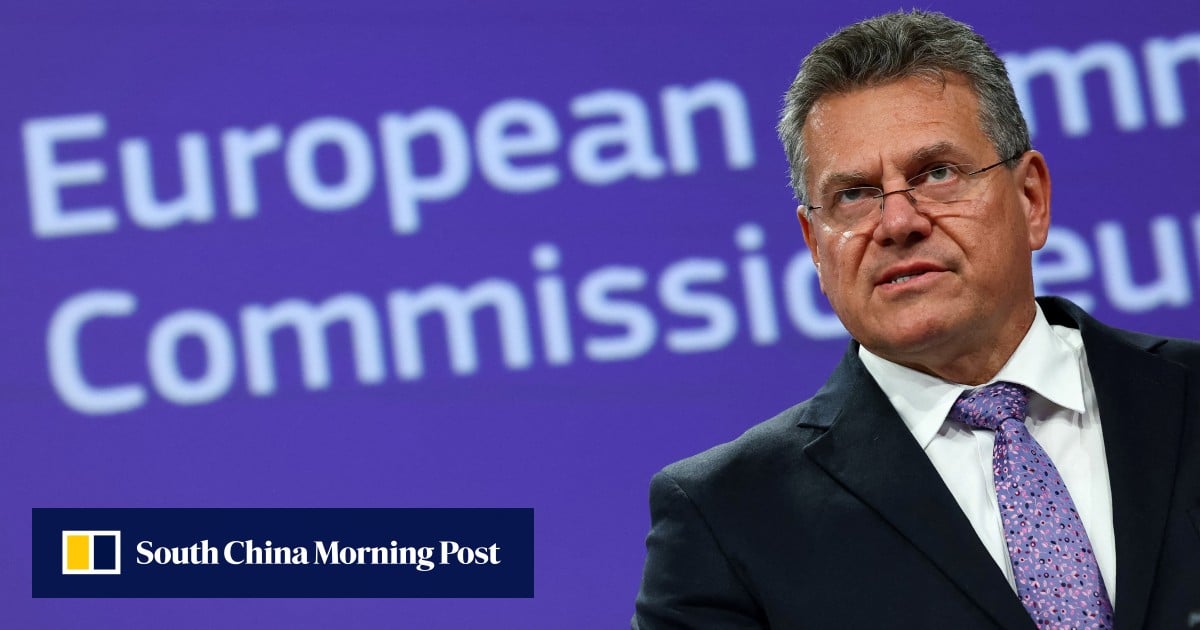Sources say the doctrine, which was announced last week by trade chief Maroš Šefčovič, will allow bureaucrats to coordinate between existing and future instruments as they seek to make Europe’s fragmented arsenal quicker and more efficient to deploy.
Yet, after spending much of 2025 in the crosshairs of superpowers’ more advanced and direct weapons – economic and otherwise – there is a growing sense that Europe may still be bringing a knife to a gunfight.
Efforts to develop an “economic security strategy” – which would screen hi-tech investments into perceived “risky” destinations, including China, as well as harmonise the bloc’s disparate export controls regime to control the flow of hi-tech goods – have stalled amid fierce pushback from its 27 members since its launch two years ago.
Top trade officials broke ranks this week to admit the bloc does not have the structures to move as the US and China do in economic security.

-smaller.jpg)